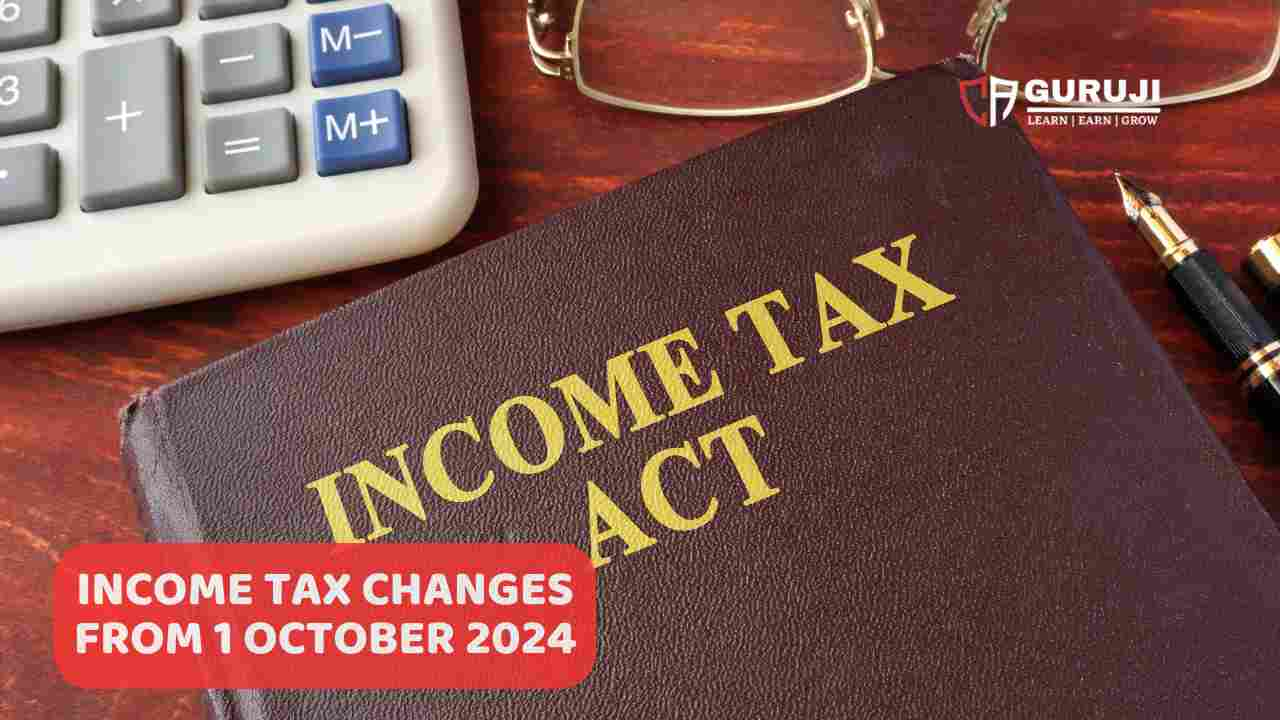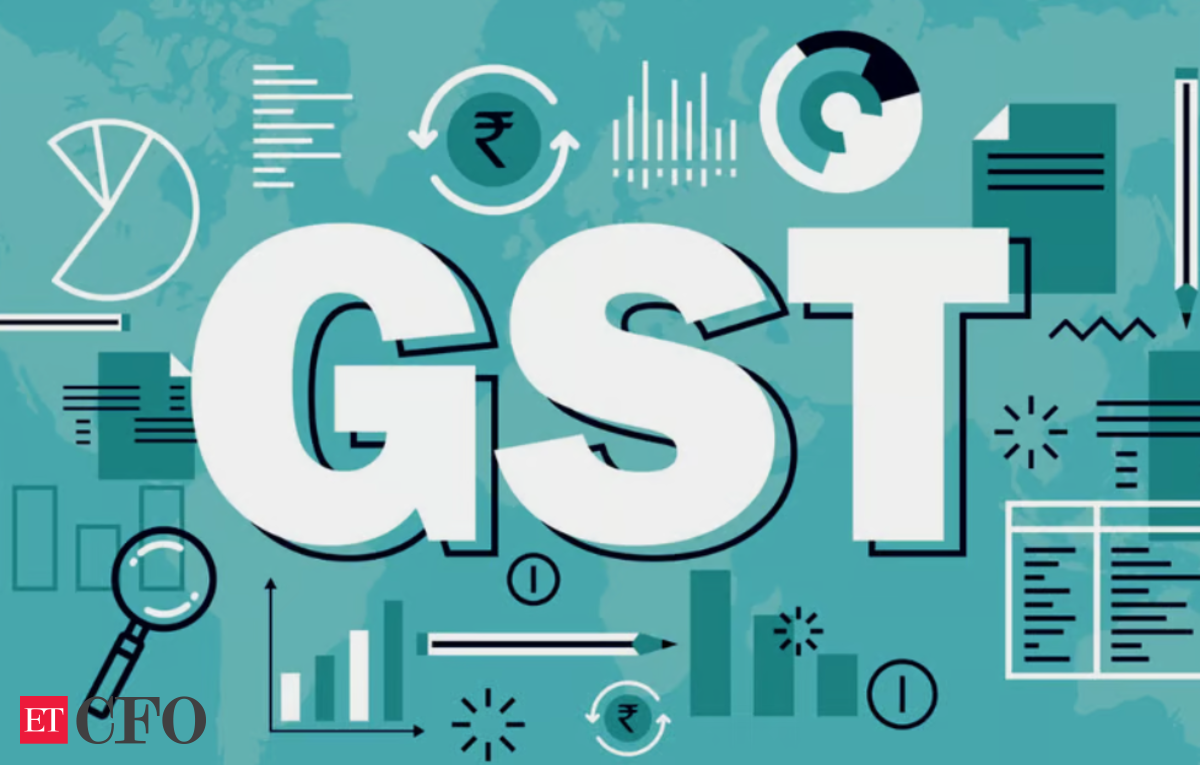The Finance Act (No. 2), 2024, has introduced significant amendments to the Income Tax Act, 1961, aimed at streamlining various tax procedures and providing greater clarity for taxpayers. These changes encompass a wide range of areas, including block assessment, assessment and reassessment, penalties, set-off and withholding of refunds, and appeals. By rationalizing these provisions, the government seeks to improve efficiency, reduce litigation, and enhance the overall taxpayer experience.
Summary:
| Provision | Amendment | Effective Date |
|---|---|---|
| Block Assessment | Introduction of block assessment regime for search and requisition cases | September 1, 2024 |
| Assessment and Reassessment | Rationalization of time limits for issuing notices under Sections 148 and 148A | September 1, 2024 |
| Penalties | Amendment to period of limitation for imposing penalties | October 1, 2024 |
| Set Off and Withholding of Refunds | Modification of provisions regarding set off and withholding of refunds | October 1, 2024 |
| Appeals | Extension of time limit for filing appeals to the ITAT | October 1, 2024 |
Introduction of Block Assessment Provisions in Cases of Search Under Section 132 and Requisition Under Section 132A
Applicable Date: September 1, 2024
One of the significant changes introduced in the Finance Act (No. 2), 2024, is the implementation of a block assessment regime for cases involving searches under Section 132 or requisitions under Section 132A of the Income Tax Act, 1961. This new system aims to streamline the assessment process, reduce the multiplicity of proceedings, and ensure timely finalization of search assessments.
Rationale for Block Assessment
The existing system of search assessments often resulted in protracted proceedings, with multiple assessments being carried out for the same search. This led to increased litigation costs, delays, and inconsistencies in the assessment process. To address these challenges, the block assessment regime was introduced.
Key Features of Block Assessment
- Consolidated Assessment: Instead of multiple assessments for different assessment years, a single, consolidated assessment will be conducted for a specified block period.
- Block Period: The block period will cover six assessment years preceding the previous year in which the search or requisition was initiated.
- Early Finalization: The goal is to complete the block assessment within a specific timeframe, typically twelve months from the end of the month in which the search or requisition was initiated.
- Tax Computation: Undisclosed income discovered during the search will be included in the total income for the block period and taxed at a higher rate.
- Penalty and Interest: Certain penalties and interest may be levied on undisclosed income, but there are provisions for relief in certain cases.
Rationalization of Assessment and Reassessment Provisions
Applicable Date: September 1, 2024
The Finance Act (No. 2), 2024, introduces significant amendments to the provisions relating to assessment and reassessment under the Income Tax Act, 1961. These changes aim to simplify the procedures, reduce litigation, and provide greater clarity for taxpayers.
Key Amendments
- Notice Issuance:
- Information Requirement: The Assessing Officer (AO) must have information suggesting that income has escaped assessment in the relevant assessment year before issuing a notice under Section 148.
- Survey Information: Information from surveys conducted under Section 133A (except under subsection (2A)) will now be considered as valid information for initiating reassessment proceedings.
- Scheme Notifications: Notices under Section 148 cannot be issued without prior approval from the specified authority if the AO has received information under the scheme notified under Section 135A.
- Show Cause Notice:
- Mandatory Hearing: Before issuing a notice under Section 148, the AO must provide the assessee with an opportunity to be heard through a show cause notice.
- Order Passing: The AO will pass an order determining whether to issue a notice under Section 148 based on the material available and the assessee’s reply.
- Exemption: The show cause procedure does not apply in cases where the AO has received information under the scheme notified under Section 135A.
- Time Limits:
- Reduced Time Limits: The time limits for issuing notices under Section 148A and Section 148 have been reduced in general cases.
- Extended Time Limits: In specific cases involving substantial undisclosed income, the AO can issue notices beyond the reduced time limits.
- Specified Authority:
- Designation: The specified authority for the purposes of Sections 148 and 148A has been clarified as the Additional Commissioner, Additional Director, Joint Commissioner, or Joint Director.
- Transitional Provisions:
- Existing Proceedings: For cases where notices have already been issued or orders passed before September 1, 2024, the old provisions will continue to apply.
Rationalization of Provisions Relating to Period of Limitation for Imposing Penalties
Applicable Date: October 1, 2024
The Finance Act (No. 2), 2024, introduces amendments to Section 275 of the Income Tax Act, 1961, to rationalize the provisions relating to the period of limitation for imposing penalties. The primary objective is to remove ambiguity and streamline the calculation of the limitation period.
Key Amendment
- Omission of Reference to Principal Chief Commissioner or Chief Commissioner: The amendment removes the reference to the date of receipt of the appellate authority’s order in the office of the Principal Chief Commissioner or Chief Commissioner for the purposes of calculating the limitation period for imposing penalties. This is done to address the ambiguity and streamline the process.
Impact of the Amendment
The removal of this reference will simplify the calculation of the limitation period for imposing penalties. It will eliminate any confusion arising from the varying timeframes taken by different offices to receive and process appellate orders. This will provide greater clarity and certainty for taxpayers and tax authorities.
Amendment in Provisions Relating to Set Off and Withholding of Refunds
Applicable Date: October 1, 2024
The Finance Act (No. 2), 2024, introduces amendments to Section 245 of the Income Tax Act, 1961, to clarify the provisions relating to set off and withholding of refunds. These changes aim to provide greater clarity and streamline the process.
Key Amendments
- Clarification of Conditions for Withholding Refunds:
- The amendment clarifies that the Assessing Officer (AO) must fulfill two conditions to withhold a refund:
- Form an opinion that the grant of refund is likely to adversely affect the revenue.
- Record the reasons for withholding the refund in writing.
- The second condition is considered sufficient to satisfy the first, as the recorded reasons effectively express the opinion.
- The amendment clarifies that the Assessing Officer (AO) must fulfill two conditions to withhold a refund:
- Extension of Refund Withholding Period:
- The period for which the AO can withhold a refund has been extended from the date of assessment to 60 days from the date of assessment or reassessment. This allows for sufficient time to collect any outstanding tax demands.
- Non-Payment of Additional Interest:
- The amendment ensures that no additional interest is payable to the assessee for the period during which the refund is withheld under Section 245(2).
Impact of the Amendments
These amendments provide greater clarity and certainty regarding the conditions for withholding refunds and the applicable timeframes. They streamline the process and reduce the potential for disputes between taxpayers and the tax authorities.
Rationalization of the Time-Limit for Filing Appeals to the Income Tax Appellate Tribunal
Applicable Date: October 1, 2024
The Finance Act (No. 2), 2024, introduces amendments to Section 253 of the Income Tax Act, 1961, to rationalize the time-limit for filing appeals to the Income Tax Appellate Tribunal (ITAT). These changes aim to address the challenges faced by taxpayers and the tax administration in tracking the time limits for filing appeals in the context of the Faceless Appeal Scheme.
Key Amendments
- Inclusion of Section 158BFA in Appealable Orders:
- The amendment adds Section 158BFA, which relates to penalties imposed on undisclosed income in search cases, to the list of appealable orders under Section 253(1). This allows taxpayers to appeal against penalty orders passed by the Commissioner (Appeals) under this provision.
- Extension of Appeal Filing Time Limit:
- The time limit for filing appeals to the ITAT is extended from 60 days to two months from the end of the month in which the order sought to be appealed against is communicated to the assessee or the Principal Commissioner/Commissioner. This change is made to accommodate the daily uploading of orders by the CIT (Appeals) under the Faceless Appeal Scheme.
Impact of the Amendments
These amendments provide greater flexibility for taxpayers to file appeals to the ITAT. The extension of the time limit will address the challenges faced in tracking the communication of orders and filing appeals within the previous 60-day window. Additionally, the inclusion of Section 158BFA in the appealable orders will provide taxpayers with a right of appeal against penalty orders imposed under this provision.
Overall, the amendments introduced in the Finance Act (No. 2), 2024, represent a significant step towards improving the efficiency and effectiveness of the Indian tax administration. These changes are expected to benefit both taxpayers and the government by streamlining procedures, reducing litigation, and providing greater clarity and certainty. As these amendments take effect, it is essential for taxpayers and tax professionals to stay updated on the new rules and regulations to ensure compliance and avoid potential penalties.
Visit www.cagurujiclasses.com for practical courses









